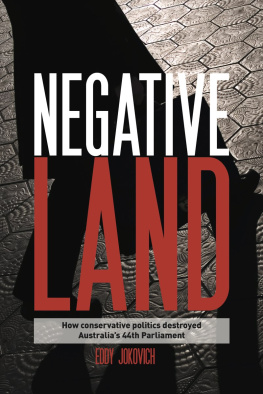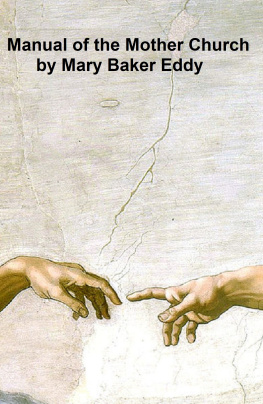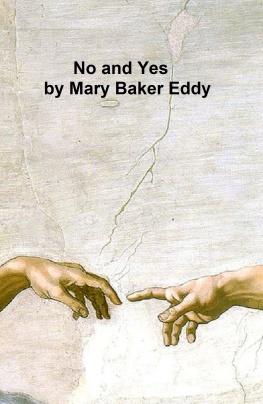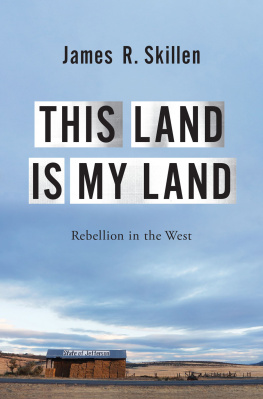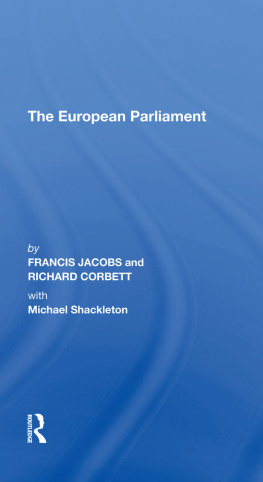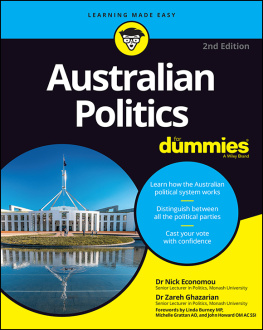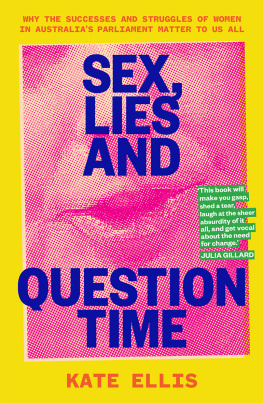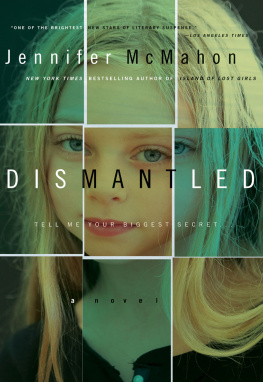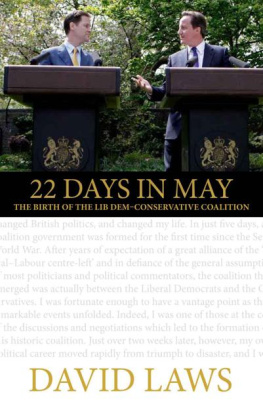1 September 2013
T he Final Countdown was a grand hit in 1986 by the Swedish band Europe and, finally, we have our own version of the final countdown: its the final week of the 2013 election campaign, and while opinion polls (and betting markets) strongly favour a LiberalNational Coalition victory, many things can happen in these final seven days. The reason why Ive started off with a music theme is that last nights screening of the ABC late-night music program Rage, was co-compered by Labor Deputy Prime Minister, Anthony Albanese, the Coalitions Julie Bishop, and the Australian Greens Adam Bandt. You really can judge character through musical choices, and my vote goes with Anthony Albanese, with a preference for Adam Bandt (sorry Julie, your song choices werent great and you werent going to get my vote anyway ).
Anyhow, I digress. The Labor Party kick-started the final week of the campaign with a return to the Real Kevin, where the Prime Minister, Kevin Rudd, provided his best campaign moment, and left many wondering where hed been over the past four weeks, or even the past three months .
Campaigns are all about momentum, and after four very uneven weeks, has Rudd finally righted the ship? Or is it a case of too-little, too-late? This is likely the case, although there are many examples in recent Australian political history where the most favoured party failed to get over the line. The most memorable, of course, is Paul Keatings true believers victory in 1993 where, at the start of the final week of campaigning, some polls were showing a two-party preferred vote of 45 per cent for Labor. Seven days later, Keating won the election .
Federally, its not such a common event, but there are many examples at the state level: Western Australia (1989), where somehow, the Labor Party managed to hold onto government, despite many pundits predicting a loss as well as a 10 per cent swing against it; Victoria (1999), where Labors Steve Bracks snuck into office, despite many predicting Liberal Premier Jeff Kennett maintaining office (Newspoll did detect a late swing in its last published poll on election day); Western Australia again (2001), where Labors Geoff Gallop repeated the effort of Bracks, and snuck into office against Liberal Premier Richard Court; Queenland (2009), where Labor Premier Anna Bligh was expected to lose, but won the election by nine seats .

Theres not much to suggest that anything will change during the week, especially with the unusual media intervention by News Limited during the campaign, culminating in the Sunday Telegraphs front page lead on 1 September, Australia Needs Tony. This is one of their more bizarre interventions, rivaling any propaganda that might have adorned Communist-styled newspapers during the Cold War. In fact, change the language, name and face, and youd be close to a propaganda poster released by former North Korean leader, Kim Jong-Il. It really was a pity that former Minister for Communications, Steven Conroy, didnt proceed with his reforms to clean up the media in Australia. These front-page interventions by News Limited, through their Liberal Party megaphones, The Courier Mail, Daily Telegraph and The Australian have been over the top and, if you removed their respective mastheads, could easily double up as Honi Soit covers controlled by the Sydney University Young Liberals .
In fact, most of the Coalitions campaign has resembled a strategy devised by Young Liberals completing their final year political science assignments. Devoid of any vision, but rambling around the same three key messages: things will always be better under a Coalition government, turning back the boats, and getting the budget back into surplus (although, this has been revised to include buying the boats and controlling the budget). Perhaps the Liberal campaign headquarters realised that Tony Abbott had created so many landmines and backrods for a future Coalition government that their messages had to be pared back .
In his interview with Barry Cassidy on the ABC Insiders this morning, Tony Abbott mentioned that there would be no surprises and no excuses in government. If nothing else, the Labor Party must keep these utterances in its dossier for their time in Opposition (if it comes to that), over the next three years. Abbott has been relentlessly negative since he became Leader of the Opposition in 2009, has offered no real indications for what the Liberals will do in government (other than saying that things will be better than Labor) and no policy costings. This really is dangerous and, as the ALP has been warning, could result in a Campbell Newman approach (where the newly-installed Premier of Queensland implemented a harsh reactionary agenda) applied throughout Australia .

